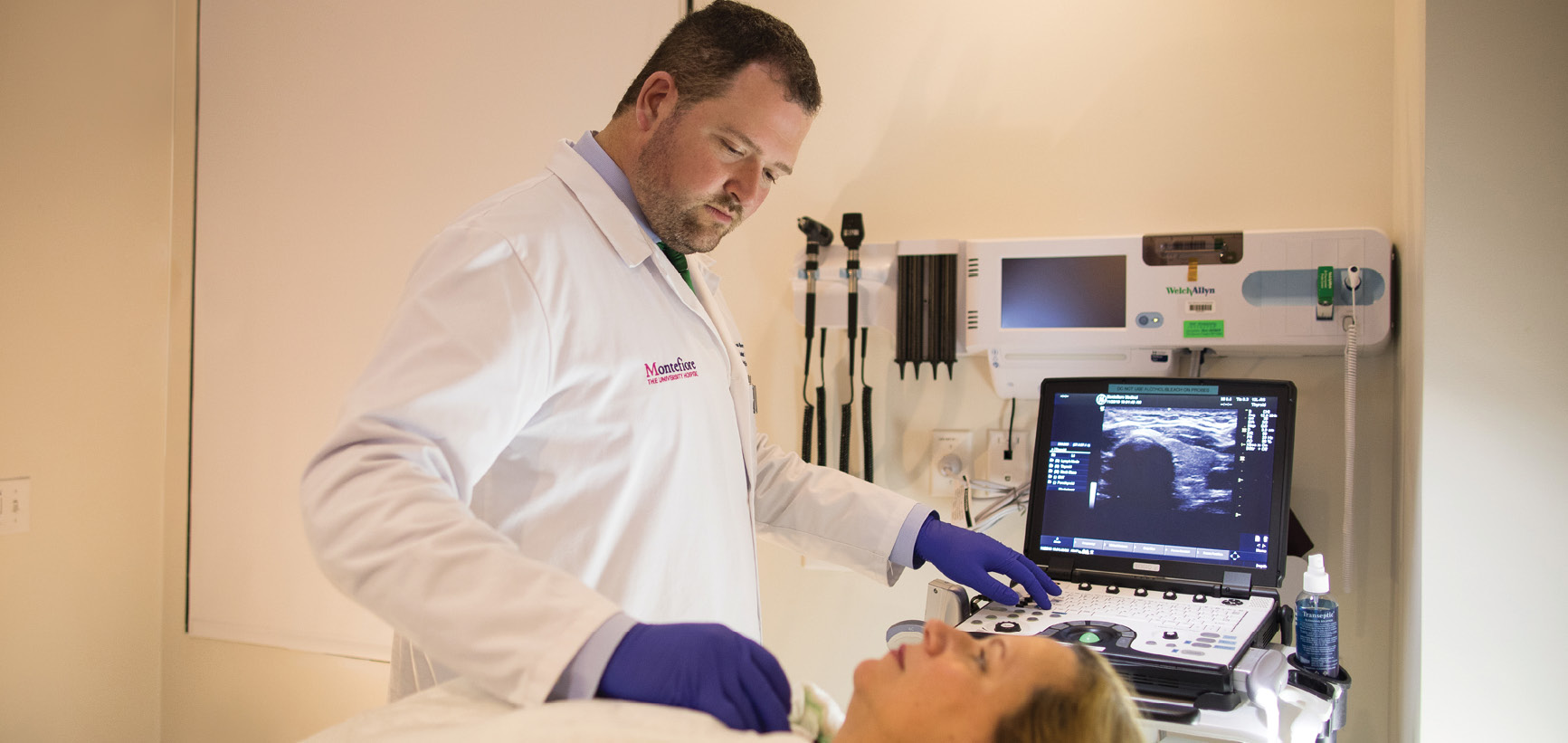Amputations, vision loss, kidney failure, heart disease: Diabetes and its complications can ravage the human body. “But those tragedies are not inevitable,” says David K. Bloomgarden, M.D., F.A.C.E., an endocrinologist in private practice for more than 40 years. “They should not happen with dedicated diabetes management.”
Dr. Bloomgarden’s mission in life has been to spread that preventive creed, first in his own practice and now in his philanthropic endeavors at Einstein’s Fleischer Institute for Diabetes and Metabolism.
Originally intent on a career in rheumatology, Dr. Bloomgarden switched specialties late in his residency at Einstein, following a rotation under Norman Fleischer, M.D., the founding director of Einstein’s National Institutes of Health–funded Diabetes Research and Training Center. “I was so inspired by Norman’s ability, knowledge, and kindness that I asked if I could do a fellowship with him,” he says. “Happily, he took me on, and the rest is history.”
In 1982, Dr. Bloomgarden opened his own endocrinology practice in nearby Westchester County, New York, where he put his mentor’s lessons into effect. “Norman taught us that we could make a profound difference in the lives of our patients,” Dr. Bloomgarden says. “Finger-stick glucose monitoring had been introduced a few years earlier. It helped give patients more control over their disease, which we could reinforce with education and counseling. Continuous glucose monitoring today makes that effort even more achievable.”
Over the decades, Dr. Bloomgarden honed his clinical skills, learning how to keep diabetes complications to a minimum. “Helping patients with diabetes live long and healthy lives is difficult,” he says, “but it’s doable with attentive care, collaboration, and attention to detail.”

As Dr. Bloomgarden’s practice grew, so did his frustration that many other diabetes patients were receiving less-than-optimal care. Four years ago, he talked with Dr. Fleischer about launching an institute dedicated to diabetology, both locally and nationally. “Montefiore physicians and Einstein scientists needed a place to come together to capitalize on their expertise, build a central hub for innovative care and research, and fill the void of a comprehensive center in the Bronx,” Dr. Bloomgarden says. “I was determined to make it happen.”
Sadly, Dr. Fleischer died shortly after that meeting, but Dr. Bloomgarden persevered. He worked with leaders at the hospital and medical school, marshaling support to create the Fleischer Institute for Diabetes and Metabolism, which opened in 2018. It combines research, clinical care, and education in one location, allowing Einstein discoveries to help Montefiore patients.
Dr. Bloomgarden is quick to share credit for this accomplishment with his late father-in-law, Albert Willner, M.D., an orthopedist and philanthropist. “His philanthropy inspired both my wife [Jane, a clinical psychologist in private practice and director of the child/adolescent/parent psychotherapy training program at the Westchester Center for the Study of Psychoanalysis and Psychotherapy and adjunct faculty member at the Ferkauf Graduate School of Psychology] and me to do charitable work. He generously set aside funds to make that possible,” he says.
The example set by his father—Kermit Bloomgarden, a noted Broadway producer—also inspired him. “He was active during the Hollywood blacklists, when so many people in entertainment lost their livelihoods,” Dr. Bloomgarden says. “He taught me to be more socially conscious, and I’ve put that energy into my philanthropic work for Montefiore and Einstein.”
“One way we’re honoring his legacy is to create a place where patients can get truly comprehensive care.”
— Dr. Jill Crandall
Thanks to Dr. Bloomgarden and other donors, the Fleischer Institute is increasingly able to meet the needs of people with diabetes. In 2019, the institute’s staff of more than 30 physicians, psychologists, nurses, technicians, dietitians, and administrators had an average of 730 patient visits per month—double the number in 2018.
“Unfortunately, Norman didn’t live to see the Fleischer Institute,” Dr. Bloomgarden says. “But I think he would be proud of what it has become. And I hope all who share this commitment will join me in helping expand this young institute’s growth.”